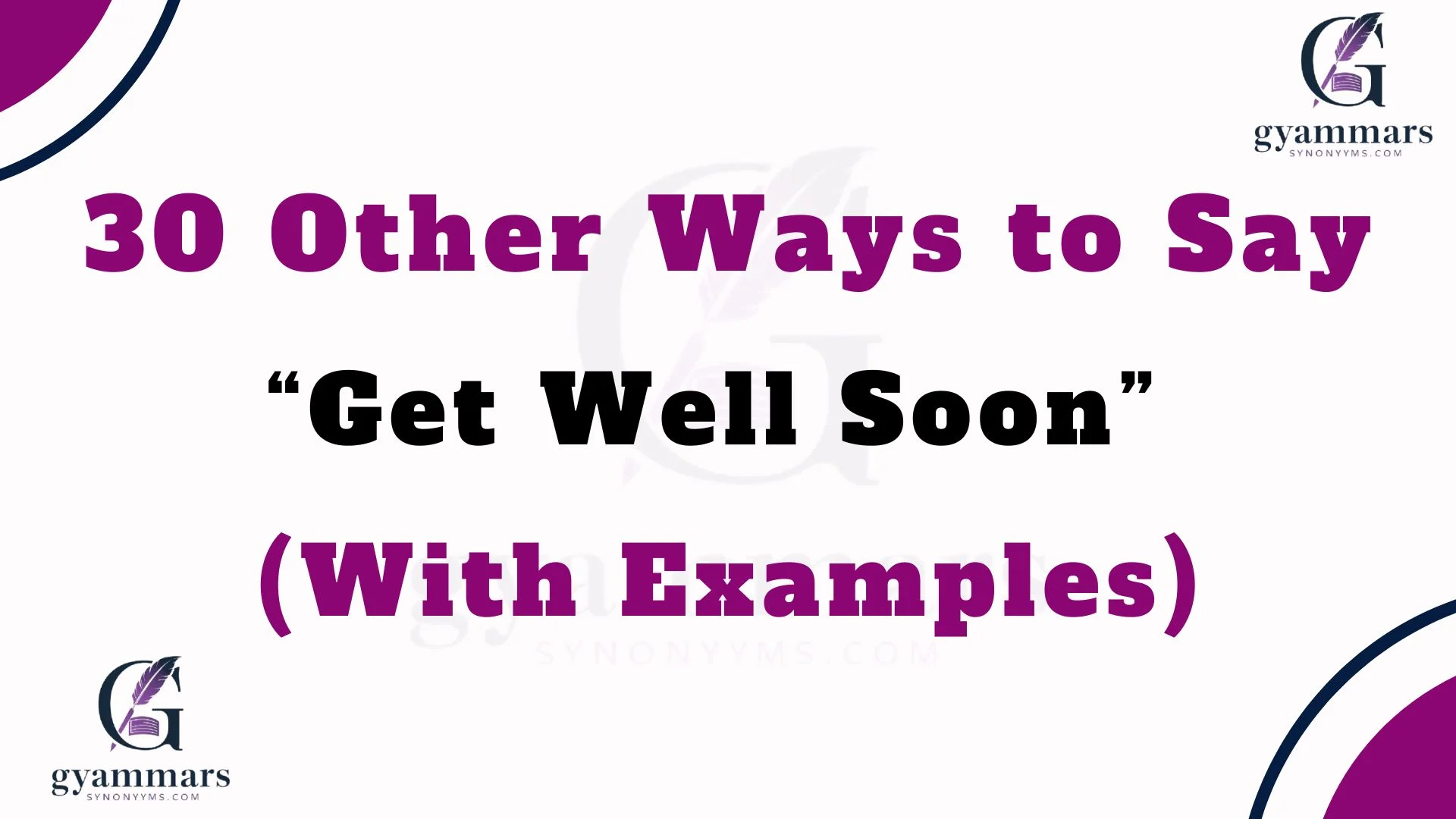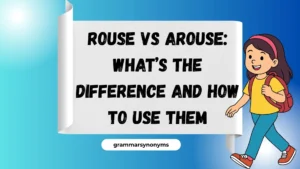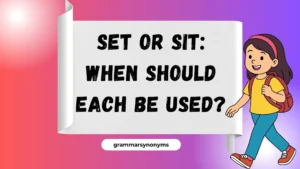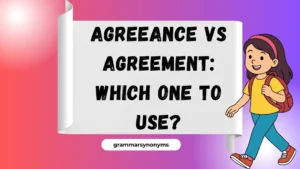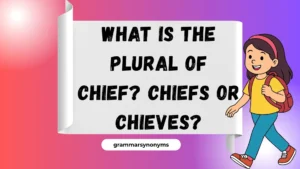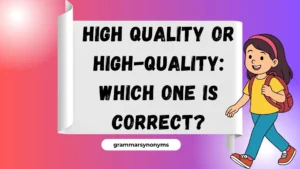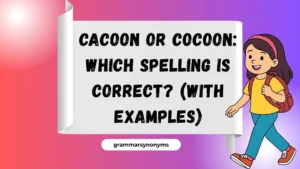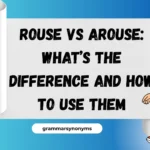When someone you care about is under the weather, your words can become a source of comfort, warmth, and hope. Saying “Get well soon” is kind — but sometimes it feels too common or lacks that personal touch.
Choosing thoughtful alternatives helps you express deeper empathy and sincerity. Whether it’s for a friend recovering from a cold, a coworker after surgery, or a loved one facing a tough illness, the right words can truly brighten their day.
This guide gives you 30 meaningful ways to say “Get well soon”, along with examples, tones, and best-use tips — so your message feels genuine, comforting, and memorable.
What Does “Get Well Soon” Mean?
The phrase “Get well soon” expresses the hope for someone’s quick recovery from illness, injury, or emotional pain. It’s a simple but powerful way of showing you care.
When you say it, you’re sending emotional support, signaling that you’re thinking about the person and wishing them strength to get better quickly.
It’s a phrase that crosses cultures, relationships, and professional settings — making it timeless and universal.
Is It Professional or Polite to Say “Get Well Soon”?
Absolutely.
“Get well soon” is both professional and polite, suitable for nearly every situation. In professional settings: it shows kindness while maintaining decorum.
In personal contexts: it conveys heartfelt concern.
If you want to make it more formal, say things like:
- “Wishing you a speedy recovery.”
- “Hope you’re feeling better each day.”
If the situation calls for warmth, try:
- “Take it easy — you deserve a full recovery!”
Pros and Cons of Saying “Get Well Soon”
| Pros | Cons |
| Universally recognized and caring. | May feel generic if used too often. |
| Works in both personal and professional messages. | Lacks emotional depth in serious cases. |
| Simple, brief, and positive. | Can seem routine in automated messages. |
That’s why finding fresh alternatives can make your care message truly stand out
Synonyms For“Get Well Soon”
- Wishing You a Speedy Recovery
- Hope You Feel Better Soon
- Take Good Care of Yourself
- Sending Healing Thoughts Your Way
- Praying for Your Quick Recovery
- Hope You’re Back on Your Feet Soon
- Wishing You Strength and Comfort
- Rest Up and Take It Easy
- Thinking of You and Wishing You Well
- Hoping Each Day Brings You More Strength
- Feel Better with Each Passing Day
- Take the Time You Need to Heal
- Hope You’re on the Mend Soon
- Sending Positive Energy Your Way
- You’re in My Thoughts and Prayers
- Wishing You Rest and Peaceful Recovery
- May You Feel Better Every Morning
- Hoping for Brighter Days Ahead
- Can’t Wait to See You Back to Normal
- Hoping You Find Comfort and Rest
- Get Plenty of Rest and Love
- Take Time to Heal Fully
- Hoping Your Recovery Goes Smoothly
- Feel the Love Surrounding You
- May Good Health Find You Again
- Take Care and Be Gentle with Yourself
- Hoping You’re Feeling Brighter Today
- Wishing You Calm, Healing Days
- Hope the Worst Is Behind You
- Looking Forward to Seeing You Healthy Again
1. Wishing You a Speedy Recovery
Definition: A formal yet kind way to wish someone a quick return to good health.
Explanation: Often used in emails, sympathy notes, and workplace messages.
Example: “Everyone at the office is wishing you a speedy recovery — we can’t wait to have you back!”
Best Use: Professional or formal contexts.
Tone: Respectful and polite.
Additional Notes: Great for colleagues, clients, or supervisors.
2. Hope You Feel Better Soon
Definition: A friendly and natural phrase showing genuine concern.
Explanation: A relaxed, conversational twist on “Get well soon.”
Example: “Sorry you’re not feeling well — hope you feel better soon!”
Best Use: Friends, family, or classmates.
Tone: Warm and casual.
Additional Notes: Works perfectly in text messages or chats.
3. Take Good Care of Yourself
Definition: Encourages self-care during recovery.
Explanation: Focuses on well-being and gentle support.
Example: “You’ve been through a lot. Take good care of yourself, okay?”
Best Use: Mild sickness or emotional exhaustion.
Tone: Soft, nurturing, and supportive.
Additional Notes: Perfect for expressing emotional empathy.
4. Sending Healing Thoughts Your Way
Definition: A heartfelt wish for both physical and emotional healing.
Explanation: Ideal for more serious or long-term illnesses.
Example: “Sending healing thoughts your way as you recover.”
Best Use: Compassionate, comforting messages.
Tone: Empathetic and tender.
Additional Notes: Appropriate for cards or sympathy messages.
5. Praying for Your Quick Recovery
Definition: Expresses faith and spiritual care.
Explanation: Shows that the person is in your prayers.
Example: “You’re in my thoughts — praying for your quick recovery.”
Best Use: Religious or faith-based circles.
Tone: Compassionate and reverent.
Additional Notes: Be mindful of the recipient’s beliefs.
6. Hope You’re Back on Your Feet Soon
Definition: A positive and cheerful way to encourage someone’s return to health.
Explanation: Evokes energy and optimism.
Example: “We miss your energy — hope you’re back on your feet soon!”
Best Use: Friends, coworkers, or teammates.
Tone: Lighthearted and encouraging.
Additional Notes: Perfect for sports injuries or temporary illnesses.
7. Wishing You Strength and Comfort
Definition: A gentle message for those going through tough recoveries.
Explanation: Balances emotional and physical healing.
Example: “Wishing you strength and comfort during your healing process.”
Best Use: For serious illnesses or hospital stays.
Tone: Deeply caring.
Additional Notes: Ideal for sympathy and wellness cards.
8. Rest Up and Take It Easy
Definition: Encourages someone to rest and not rush recovery.
Explanation: Great for casual, caring notes.
Example: “Don’t worry about work — rest up and take it easy!”
Best Use: Light illnesses or fatigue.
Tone: Friendly and relaxed.
Additional Notes: Adds a cozy, supportive touch.
9. Thinking of You and Wishing You Well
Definition: Expresses that the person is in your thoughts.
Explanation: Suitable for professional and personal use.
Example: “Thinking of you and wishing you well through your recovery.”
Best Use: Work colleagues or neighbors.
Tone: Gentle and considerate.
Additional Notes: A classic option for cards or letters
10. Hoping Each Day Brings You More Strength
Definition: Encourages gradual progress in healing.
Explanation: Great for long recoveries.
Example: “Hoping each day brings you more strength and brighter moments.”
Best Use: Extended recovery or chronic conditions.
Tone: Encouraging and hopeful.
Additional Notes: Shows thoughtfulness and patience.
11. Feel Better with Each Passing Day
Definition: A poetic way of expressing continuous healing.
Explanation: Focuses on gradual improvement.
Example: “Feel better with each passing day, my friend.”
Best Use: Mild to moderate illnesses.
Tone: Uplifting and kind.
Additional Notes: Works beautifully in handwritten notes.
12. Take the Time You Need to Heal
Definition: Encourages self-compassion and patience.
Explanation: Reminds them healing takes time.
Example: “No rush — take the time you need to heal fully.”
Best Use: After surgery or burnout.
Tone: Compassionate and understanding.
Additional Notes: Conveys genuine care and respect.
13. Hope You’re on the Mend Soon
Definition: A slightly old-fashioned but cheerful wish for recovery.
Explanation: Expresses hope for steady healing.
Example: “Hope you’re on the mend soon — we miss your smile!”
Best Use: Friendly messages.
Tone: Warm and positive.
Additional Notes: Adds a classic touch.
14. Sending Positive Energy Your Way
Definition: Offers encouragement and optimism.
Explanation: Perfect for emotional and physical recovery.
Example: “Sending positive energy your way for a healthy comeback!”
Best Use: Friends and close acquaintances.
Tone: Bright and motivational.
Additional Notes: Works for modern, upbeat messages.
15. You’re in My Thoughts and Prayers
Definition: Expresses sympathy, care, and emotional support.
Explanation: Best when paired with personal sincerity.
Example: “You’re in my thoughts and prayers every day.”
Best Use: Serious illnesses or grieving situations.
Tone: Sincere and spiritual.
Additional Notes: Use genuinely and appropriately.
16. Wishing You Rest and Peaceful Recovery
Definition: Combines emotional calmness with recovery wishes.
Explanation: Encourages rest and mental peace.
Example: “Wishing you rest and peaceful recovery — you deserve it.”
Best Use: For emotional and physical healing.
Tone: Gentle and soothing.
Additional Notes: Works beautifully for sensitive situations.
17. May You Feel Better Every Morning
Definition: A hopeful expression focusing on daily progress.
Explanation: Suggests gradual improvement.
Example: “May you feel better every morning and stronger each day.”
Best Use: Long-term recovery or ongoing health issues.
Tone: Warm and encouraging.
Additional Notes: Very comforting in tone.
18. Hoping for Brighter Days Ahead
Definition: Focuses on hope and positivity beyond illness.
Explanation: Encourages optimism.
Example: “Hoping for brighter days ahead for you.”
Best Use: Emotional or physical recovery.
Tone: Hopeful and gentle.
Additional Notes: Subtly uplifting without being dramatic.
Read This : 30 Other Ways to Say “Good Luck in Your Future Endeavors” (With Examples)
19. Can’t Wait to See You Back to Normal
Definition: A cheerful, personal recovery wish.
Explanation: Expresses excitement to see them well again.
Example: “Can’t wait to see you back to normal! We miss your laughter.”
Best Use: Friends and coworkers.
Tone: Fun and caring.
Additional Notes: Keep it light-hearted and friendly.
20. Hoping You Find Comfort and Rest
Definition: Encourages peace and rest.
Explanation: Perfect for emotional and physical healing.
Example: “Hoping you find comfort and rest during this time.”
Best Use: Emotional fatigue or hospital recovery.
Tone: Tender and calm.
Additional Notes: Sounds compassionate and mature.
21. Get Plenty of Rest and Love
Definition: Combines warmth and encouragement.
Explanation: Highlights both physical rest and emotional support.
Example: “Get plenty of rest and love — that’s the best medicine!”
Best Use: Close relationships.
Tone: Sweet and heartfelt.
Additional Notes: Adds a personal and caring tone.
22. Take Time to Heal Fully
Definition: Reminds someone not to rush their recovery.
Explanation: Encourages mindfulness and patience.
Example: “Don’t push yourself — take time to heal fully.”
Best Use: Long-term recovery.
Tone: Gentle and wise.
Additional Notes: Perfect for sincere, compassionate notes.
23. Hoping Your Recovery Goes Smoothly
Definition: Wishes a comfortable, problem-free healing process.
Explanation: Suitable for mild or serious situations.
Example: “Hoping your recovery goes smoothly and quickly.”
Best Use: Formal or professional.
Tone: Neutral and kind.
Additional Notes: Great for work messages.
24. Feel the Love Surrounding You
Definition: Reminds the person of their support system.
Explanation: Ideal for emotional encouragement.
Example: “You’re not alone — feel the love surrounding you.”
Best Use: Close friends and family.
Tone: Warm, emotional, and uplifting.
Additional Notes: Heartfelt and deeply personal.
25. May Good Health Find You Again
Definition: A poetic and hopeful blessing.
Explanation: Evokes peace and gentle optimism.
Example: “May good health find you again and stay with you.”
Best Use: Cards or messages for older relatives.
Tone: Graceful and sincere.
Additional Notes: Sounds timeless and elegant.
26. Take Care and Be Gentle with Yourself
Definition: A reminder of self-compassion during recovery.
Explanation: Encourages emotional and physical rest.
Example: “Take care and be gentle with yourself — healing takes time.”
Best Use: Mental health or emotional struggles.
Tone: Kind and introspective.
Additional Notes: Great for burnout or stress-related illness.
27. Hoping You’re Feeling Brighter Today
Definition: Focuses on small improvements day by day.
Explanation: Ideal for encouraging notes.
Example: “Hoping you’re feeling brighter today — sending hugs!”
Best Use: Texts to close friends.
Tone: Cheerful and light.
Additional Notes: Friendly, simple, and caring.
28. Wishing You Calm, Healing Days
Definition: Expresses peace and gentle recovery.
Explanation: Perfect for reflective or quiet support.
Example: “Wishing you calm, healing days ahead.”
Best Use: Emotional fatigue or grief.
Tone: Soothing and peaceful.
Additional Notes: Works well in sympathy cards.
29. Hope the Worst Is Behind You
Definition: A comforting phrase for recovery after hardship.
Explanation: Acknowledges struggle but inspires hope.
Example: “Hope the worst is behind you — better days are coming.”
Best Use: Serious illness or surgery recovery.
Tone: Encouraging and optimistic.
Additional Notes: Balances honesty with hope.
30. Looking Forward to Seeing You Healthy Again
Definition: Expresses eagerness for someone’s full return.
Explanation: Ideal closing line for heartfelt messages.
Example: “Looking forward to seeing you healthy again!”
Best Use: Friends, colleagues, or relatives.
Tone: Warm, caring, and forward-looking.
Additional Notes: Great for cards or personal notes.
Conclusion
Finding the right words to comfort someone during illness isn’t about perfection — it’s about genuine emotion. Each of these 30 alternatives to “Get well soon” helps you express warmth, empathy, and positivity in a way that fits your relationship and their recovery journey.
A thoughtful message can do more than you think — it can make someone smile, encourage healing, and remind them they’re truly cared for.
FAQs
1. What’s the best professional alternative to “Get well soon”?
→ “Wishing you a speedy recovery” or “Hoping your recovery goes smoothly.”
2. How can I make my message more personal?
→ Add a memory, offer help, or write their name for a heartfelt touch.
3. Is “Get well soon” okay for someone seriously ill?
→ It’s kind, but try deeper phrases like “Wishing you strength and comfort.”
4. What can I write instead of “Get well soon” to a friend?
→ “Rest up and take it easy” or “Can’t wait to see you back to normal.”
5. Should I use humor in a get-well message?
→ Only if the person would appreciate it — light humor can lift spirits, but be sensitiv

“Mia Rose at Grammar Synonyms is your ultimate guide to mastering language with style and precision. Whether you’re looking to enhance your vocabulary, perfect your grammar, or discover the ideal synonym, Mia Rose offers expert resources and creative solutions to help you express yourself flawlessly. With Grammar Synonyms, unlock a world of language possibilities and elevate every piece of writing you create.
